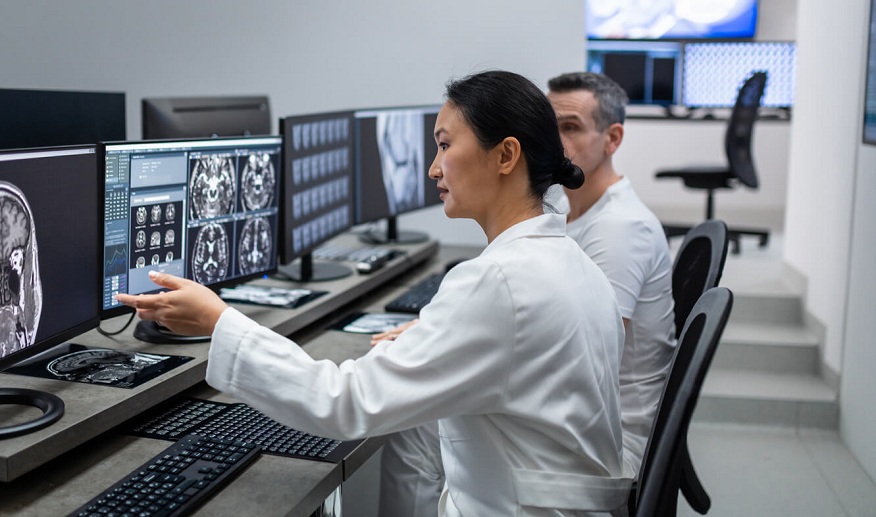Let’s take a journey to the bustling heart of pediatric imaging colorado. Amidst the towering machines and the persistent hum of technology, there’s an unsung hero quietly saving lives every day – diagnostic imaging. It’s like having a superhero’s vision, piercing through skin, flesh, and bone, to uncover the hidden enemy within, cancer. It’s our front-line defense, the first to see and the first to alert. With the power of diagnostic imaging, we stand a fighting chance. In this blog, we’ll explore the vital role it plays in cancer detection.
The Power of Diagnostic Imaging
Imagine having X-ray vision, that superhero’s ability to see through walls and objects. That’s what diagnostic imaging gives us – a view through the body’s barriers, exposing hidden diseases. Every day, countless lives are saved, thanks to this advanced technology.
Early Detection – A Lifesaver
Cancer can be a stealthy adversary, slipping under the radar, and growing unchecked. But the quicker we catch it, the better the outcome. Diagnostic imaging helps us detect cancer in its early stages when it’s most treatable. It’s like capturing a burglar before he gets away with the loot.
Types of Diagnostic Imaging
There are several types of diagnostic imaging, each with its unique superpower:
- CT Scan: It produces detailed images of the body’s interior, like a map for doctors to explore.
- MRI: It’s the superhero with magnetism. MRI uses strong magnetic fields to create detailed images of soft tissues in the body.
- PET Scan: This is the energy tracker, identifying active cancer cells based on how they use energy.
The Road Ahead
Our journey is far from over. New technologies are emerging, promising even better detection rates. Advances in Artificial Intelligence could revolutionize diagnostic imaging, making it quicker, more accurate, and more accessible. The future of cancer detection is bright, all thanks to the superhero of the medical world – diagnostic imaging.
So if you ever find yourself in the heart of pediatric imaging, remember the unsung hero. The machines may hum and whir, but they’re doing much more than that. They’re saving lives, day in and day out, in the war against cancer.

















+ There are no comments
Add yours